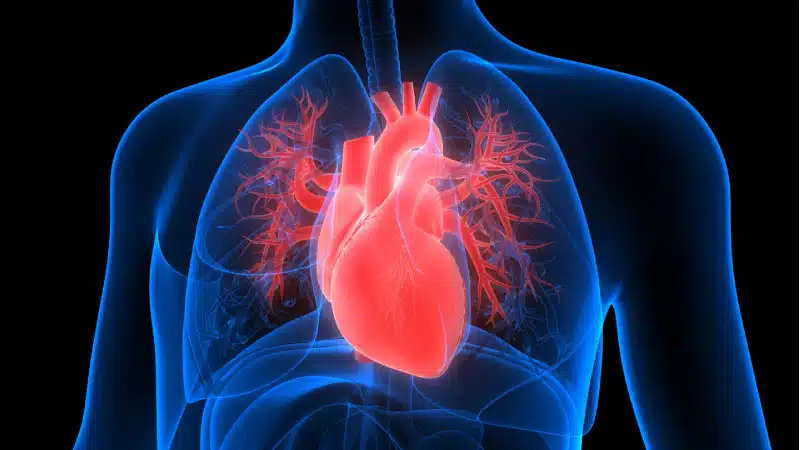Heart Failure Management
Heart failure is a chronic health condition that develops when the heart cannot pump enough blood to supply the body with the necessary blood and oxygen. It might happen gradually or unexpectedly, like just after a heart attack. About 26 million people globally suffer from this common medical condition.
Diagnosing Heart Failure

a. Examining your past and your body
A medical professional will weigh you, check your blood pressure, and listen to your heart and lungs. They’ll enquire about you and:
• Family medical history, including any previous heart issues
• Lifestyle (including things like smoking and exercise)
• Prescription medications, over-the-counter medicines, and dietary supplements
• Symptoms
b. Blood tests
Indicators of heart failure that can be measured by blood testing include:
• Electrolytes (sodium and potassium) levels
• Creatinine, to assess how effectively your kidneys are functioning.
• B-type natriuretic peptide (BNP). When a person has heart failure, the hormone B-type natriuretic peptide (BNP) is released from the ventricles in response to increased wall tension.
c. Different Types of Imaging
Other tests demonstrate how well the heart is functioning or provide images of the heart and its surroundings:
• Chest X-ray
• Electrocardiogram or ECG
• Echocardiogram or Echo
• MRI
Clinically Managing Heart Failure
A variety of nonpharmacologic, pharmacologic, and, in some circumstances, device implantation are all necessary for the successful management of heart failure.
Non-pharmacological Treatment: Nonpharmacologic treatments may involve dietary sodium and fluid constraints, proper physical activity, and attention to weight gain, depending on the severity of the illness.
Pharmacological Treatment: Pharmacologic treatments include the administration of diuretics, anticoagulants, vasodilators, beta-blockers, inotropic agents, inhibitors of angiotensin-converting enzymes (ACEIs), calcium channel blockers (CCBs), blockers of angiotensin
receptors (ARBs), nitrates, digoxin, B-type natriuretic peptides (BNPs), angiotensin receptor-neprilysin inhibitors (ARNIs), I(f) inhibitors, sodium-glucose cotransporter-2 inhibitors (SGLT2Is), mineralocorticoid receptor antagonists (MRAs), and soluble guanylate cyclase stimulators.
Device Implantation: Cardiac resynchronization therapy (CRT) and implanted cardioverter defibrillator (ICD) are the primary device-based treatments used in heart failure patients.
Are you facing any heart disease? Contact Dr. Nilesh Purkar to cure it on time.
